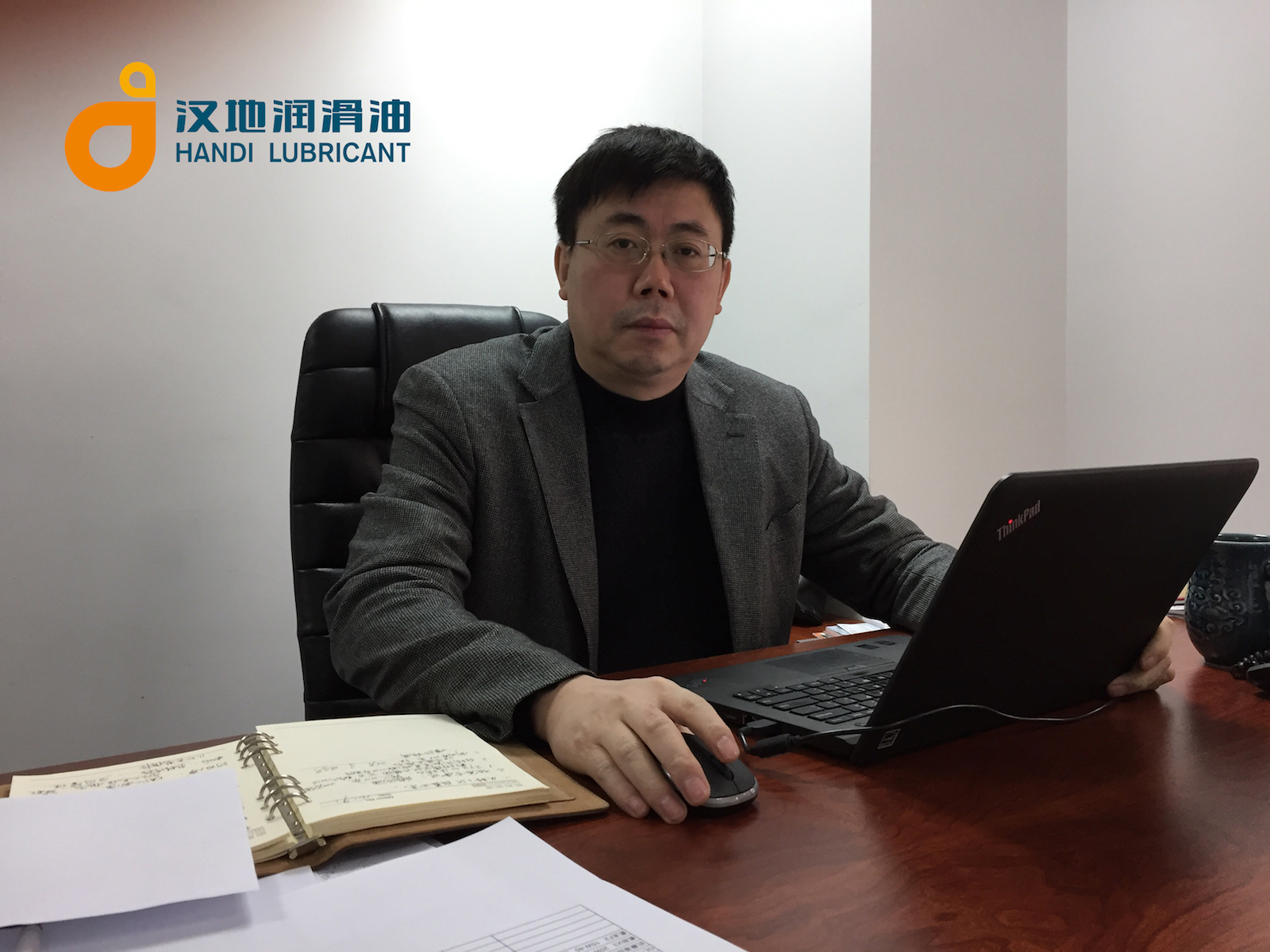BEIJING-A year after Chinese refiner Hainan Handi Sunshine Petrochemical Co. launched a finished lubricant marketing firm, Handi Lubricant Technology, the subsidiarys leadership has an ambitious goal: join the ranks of Chinas three massive national oil companies.
It is no small goal, said Wang Xuguang, vice general manager of the subsidiary. The three barrels, or San Tong You in Chinese, is the term used to collectively refer to Chinas three state-owned oil refiners – PetroChina, China National Offshore Oil Corp. and Sinopec Ltd. Handis dream of challenging the status quo and becoming the fourth barrel may seem unusual, as Handi is only a fraction of the size of the threesome.
But Wang claimed Handi is already on their unique playing field. Handi is Chinas only private [crude oil] refiner with lube businesses, so in that case we already are the fourth, Wang told Lube Report Asia in early November. Outside the window of his office in downtown Beijing, sunlight was blocked by thick smog.
Photo: Handi Lubricant Technology

As China continues to combat pollution with stricter environmental laws, high-quality lubes will surely be in growing demand. Speaking of quality, our advantage as a base oil refiner is obvious, he said, noting that lubes will be Handi Sunshines major business in the future.
Wang said that Handis steady supply of its own API Group II and II+ base stocks guarantees the quality of the feedstocks it uses for its lube formulations, which gives it an advantage over blenders that have to buy variable base oils from refiners.
Handi is evaluating Chinese additives suppliers for a potential acquisition that would provide it with a self-sufficient supply chain, he added.
Handi lubes will continue to be contract blended by its partners – original equipment manufacturers – until its own facility obtains approval from local government in Taicang, Jiangsu province, which Wang expects to happen in 2017.
But no matter where its oils are produced, Handi will stick to its carefully designed portfolio, which Wang, a former senior marketing manager for Sinopecs industrial lube division, curated himself. He took account of factors such as price, viscosity and best-selling products, which include HydroEngine X7, a 5W-40 synthetic oil for gas and diesel engines.
In its gas engine segment, about 50 percent of sales are lubes that meet requirements of the American Petroleum Institutes API SN category, the newest specification in North America, which is popular among Chinese middle-class car owners.
He is somewhat happy with Handis performance during its first year, which saw the company double its staff to 80 and earn revenue of over 40 million (U.S. $5.7 million) in 2016.
But larger sales revenue, while very important, is not Handis top pursuit. If we are only after money, what makes Handi really different?
In September, Handi joined forces with the government-backed Society of Automotive Engineers of China, based in Beijing. The alliance – which also includes influential companies in the oil and auto industries, such as PetroChina, Sinopec, FAW Group and Weichai Group – set out to create national motor oil standards that could challenge Chinas increasingly steadfast adherence to API standards.
The Shanghai-based alliance met at Tsinghua University in November and determined to complete initial studies of the Chinese standards by the end of 2019.
Many people think we are doing this for some commercial reasons, and Im not going to deny it, Wang said. However, the major reason goes way beyond business. Its for the future of Chinas auto and oil industries.
China began using API standards to claim lube quality decades ago, when Chinese oil and auto companies did not have the ability and technology to conduct all the tests necessary to establish its own standards, he explained.
But times have changed. Now, as both industries have matured significantly, its time for us to make our own standards using Chinese-made engines, Wang said, adding that China and the United States have very different road conditions. Why should we have to use standards that are not even designed for us?
The alliance was also motivated to launch the project because it wants to help Chinese suppliers avoid the expenses associated with API approval. Oil companies usually either have to pay high costs to have their products tested, or bypass the testing process by sourcing approved formulations from international additives suppliers such as Infineum, Afton Chemical, Lubrizol and Chevron Oronite – which can be expensive.
Wang expressed concern with this system. I think its dangerous for a nations companies to rely on four foreign multinationals. What if they suddenly stop doing businesses with China? Who can guarantee this will never happen?
Patriotic pride plays a factor, as well. The worlds most prominent engine oil standards were developed for the Japanese, the U.S. and European markets, he added. China, now the worlds second-largest economy, is still using American standards. It simply is unacceptable.
The alliance will not make standards from scratch, he added, but will instead adapt those of API, the Japanese AutomotiveStandards Organization, and the EuropeanAutomobile Manufacturers Association (ACEA).
We are well aware that making standards for an industry is no small work and it will take a lot of time to achieve what we hope for, but we see the value behind all the efforts, Wang concluded.